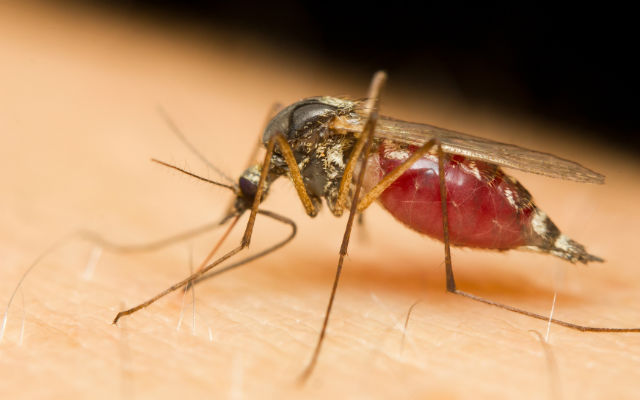Dengue is a debilitating illness, but it will not take a dangerous turn if you take the right steps to eliminate the mosquitoes that cause it.
After years of strict control, dengue and malaria slowly started rearing their ugly heads in the last decade. Growing filth in the cities, pools of stagnant water not cleared for months, and lack of hygiene in public places all contribute to the rise of mosquitoes. A mosquito just needs a stagnant pool of water to breed in, and soon, there are colonies of mosquitoes created to wreak havoc on entire populations.

It is inconceivable that a single bite from such a tiny pest can cause a serious illness like dengue. It is caused by a bite from the Aedes Albopictus mosquito, which transmits the virus that causes dengue with just a single bite. After the virus is transmitted inside the bloodstream, it starts incubating in the body for a few days. In about a week’s time, the illness starts showing the following dengue fever symptoms:
- Fever and chills
- Watery eyes that hurt when blinking
- Extreme joint pain
- Nausea
- Inability to eat or digest food
- Exhaustion
It is easy to confuse some dengue fever symptoms with those of malaria. But dengue can take a dangerous turn – if not treated on time or if misdiagnosed, the patient’s condition may worsen and even turn fatal.
No mosquitoes, please!
You cannot go after every nook and cranny in your house with a magnifying glass, hoping to flush out every mosquito lurking in the house. Mosquitoes sit waiting till it is time to feed, and then they go looking for humans to feed on. It is better to remove all chances of a mosquito infestation at the outset.
- Start by draining away all stagnant water. If there is a water shortage in your locality and you need to store bathing and drinking water, do so in airtight containers. Any water standing for a long time is an invitation for mosquitoes to breed.
- If you suspect that there are stagnant pools of water around your house or building, call the municipal authorities and fogging machines. Fogging flushes out and kills mosquitoes en masse.
- Keep the house clean and the air crisp. Sunlight is a natural disinfectant, so keep the windows open for sunshine to filter in. If there is little sunlight and the air is damp (during the monsoon, for example) then you should plug in a dehumidifier to lighten the air. Crisp air discourages mosquitoes from entering.
- Keep a can of mosquito killer spray handy. Zap mosquitoes that you see and also spray the house liberally, allowing time for lurking mosquitoes to be knocked down.
- If you are afraid of your child inhaling the mosquito killer spray fumes, it is better to apply mosquito repellent cream on their skin.
- Wear protective clothing when you feel that mosquitoes are on the rise. Remember that mosquitoes are able to bite through clothing fibres, so it is better to ditch tight clothes and wear loose cotton clothes instead.
- Mosquitoes are attracted too warm, humid environs. The kitchen is often a place where they lurk, especially when the gas flames are on. Try and switch on the fan when you are cooking, or spray the air with mosquito killer spray beforehand.
- Take immediate action if you see even a single mosquito in your home. Remember, it takes just one bite from an infected mosquito to give you malaria and dengue. See a doctor at once if you suspect you are showing dengue fever symptoms.

